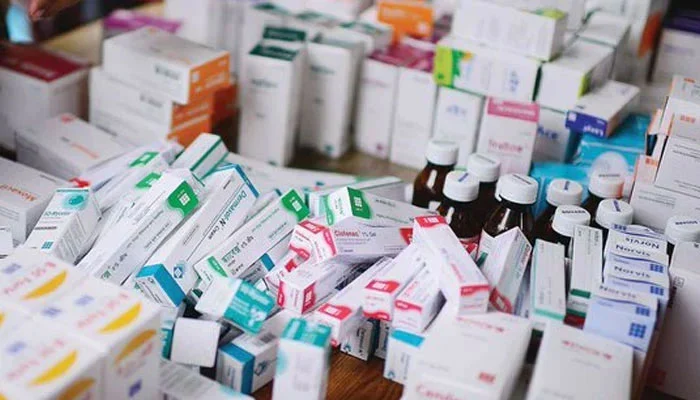Pakistan is stepping up efforts to reduce its dependency on imported vaccines by compelling DRAP to create a full-scale roadmap aimed at building local manufacturing capacity. The government recognizes that currently more than 95 percent of the nation’s vaccine supply is imported, a situation considered unsustainable for both health security and economic resilience.
A committee chaired by the Special Assistant to the Prime Minister on Industries and Production reviewed the annual vaccine demand, the cost of imports, and the potential for local production. The objective is clear: shift from being a net recipient of vaccines to becoming a producer capable of meeting domestic needs and potentially serving export markets.
The roadmap will cover end-to-end manufacturing, not just assembly or fill-and-finish. It will examine how to enable private sector vaccine producers through incentives, technology transfer partnerships, and institutional coordination. By elevating vaccine manufacturing, Pakistan aims to strengthen its biotechnology and pharmaceutical sectors, create jobs, and reduce the import bill.
For the pharmaceutical industry the implications are significant. Local vaccine production will require high standards of manufacturing practice, regulatory oversight, and quality assurance comparable to global benchmarks. This drive offers an opportunity for domestic pharma firms to upgrade infrastructure, adopt advanced technologies, and align with international certification processes. Over time these improvements could also support expansion into export markets.
From a public-health perspective the roadmap is a welcome move. Producing vaccines locally enhances the ability to respond quickly to outbreaks and pandemics, reduces logistical risks, and gives the state more control over supply chains. As Pakistan moves toward indigenous production the goal is to ensure safe, effective vaccines and to build trust among healthcare providers and the public.
To succeed the initiative will need persistent follow-through. Key challenges include securing investment, ensuring technology transfer, strengthening regulatory institutions, training specialised workforce, maintaining quality standards and managing timelines. The pharmaceutical companies and regulatory agencies must work in tandem to make the roadmap operational.
In sum, this push for local vaccine manufacturing marks a strategic turning point for Pakistan’s healthcare and pharma sectors. If implemented well, it could lead to greater self-sufficiency, expanded industrial base and enhanced export potential.



Comments (0)
No comments yet. Be the first to comment!
Leave a Comment